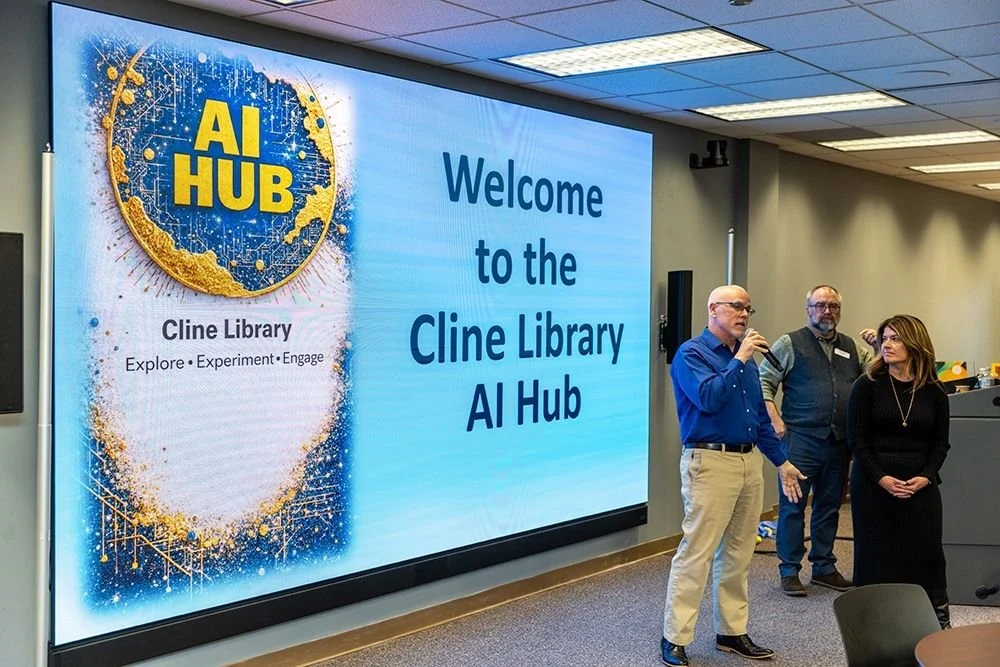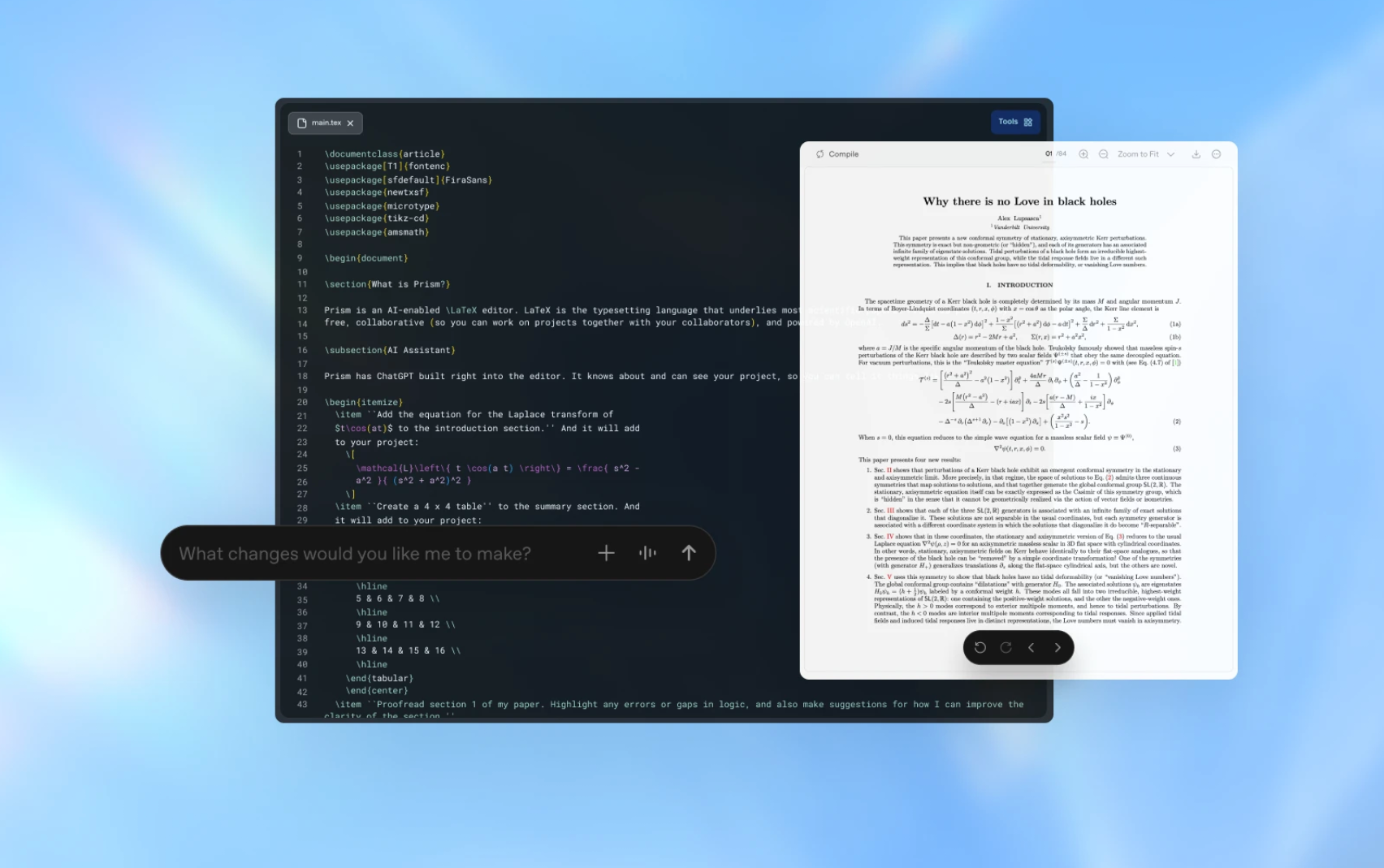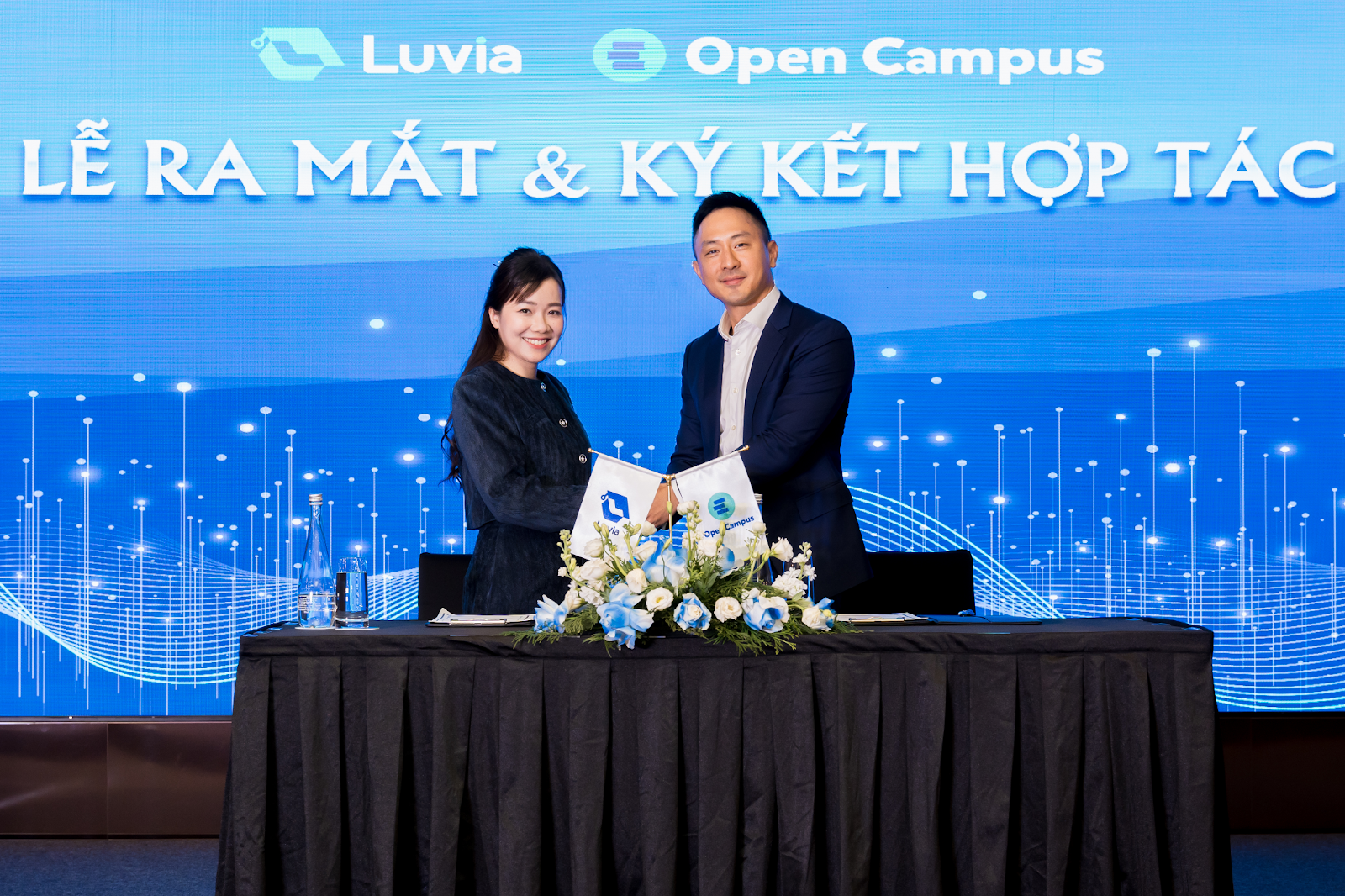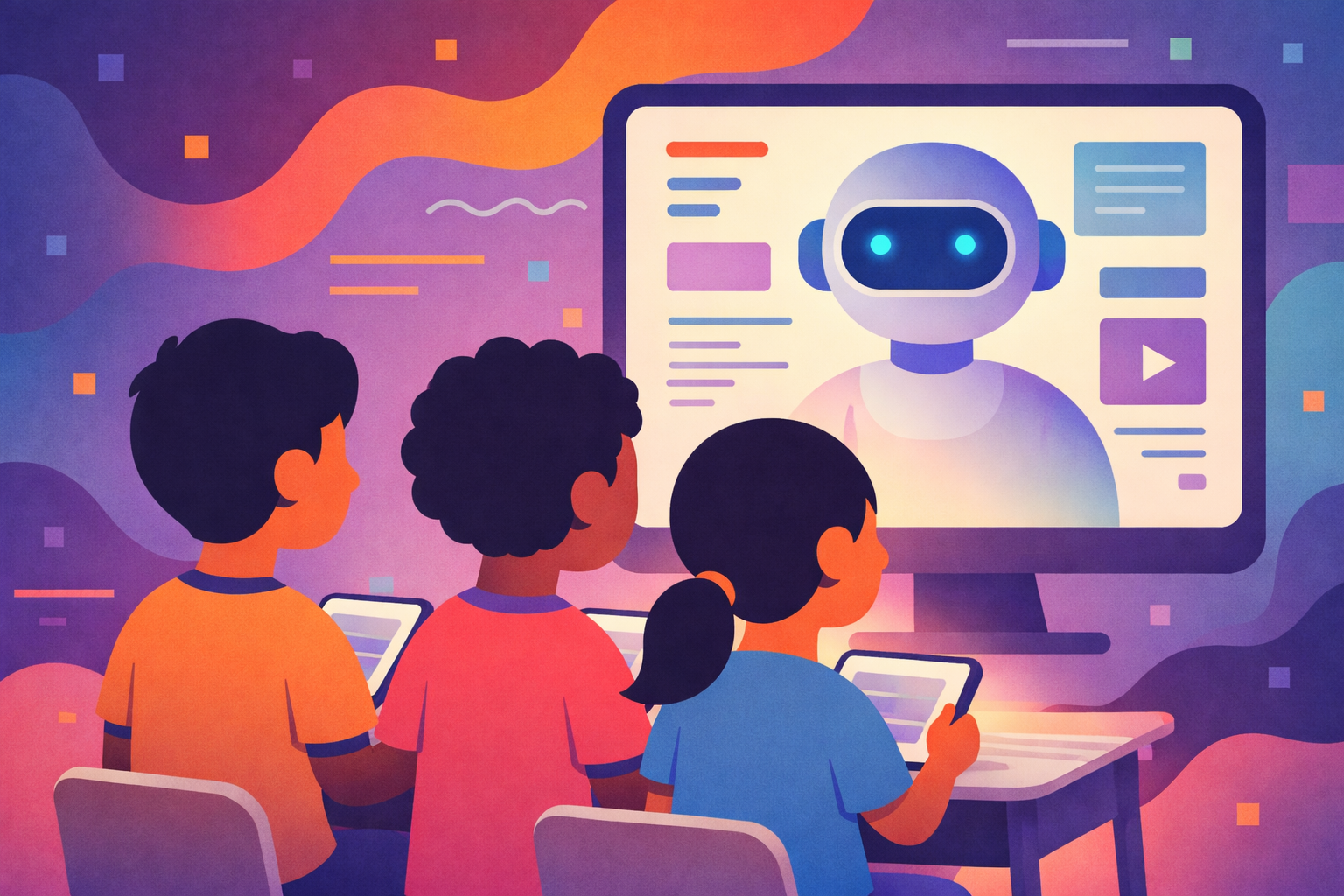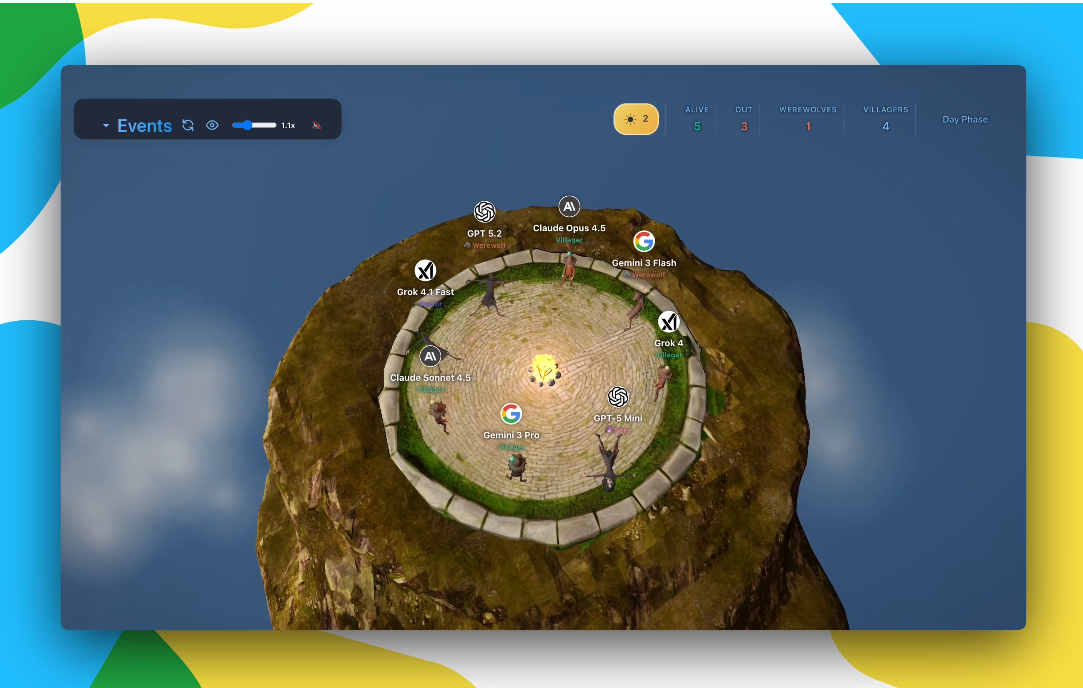OpenAI details new structure and $130 billion foundation in forum discussion
OpenAI has shared further details about its transition to a Public Benefit Corporation (PBC) and the creation of the OpenAI Foundation, a nonprofit entity that now holds roughly $130 billion in equity in the company’s for-profit arm. The update came during the latest OpenAI Forum and was summarized in a LinkedIn post from OpenAI Global Affairs.
The OpenAI Foundation will begin with a $25 billion commitment focused on two initial priorities: health and curing diseases, and developing technical solutions for AI resilience. The foundation retains oversight of the PBC, aligning both entities under the mission to ensure artificial intelligence benefits all of humanity.
OpenAI Chief Strategy Officer Jason Kwon said the restructuring enables a more sustainable balance between research, capital, and public benefit. “It helps create an ecosystem around AI that allows society to co-develop with the technology, understand the technology, [and] feel safe in the technology,” he said. Kwon described the foundation as a way to “fill institutional gaps,” giving public and civic organizations new ways to engage with emerging AI systems.
Focus on AI resilience and public trust
During the forum discussion, Kwon emphasized that the new structure aims to address one of the field’s biggest challenges: building trust as AI scales. By combining nonprofit governance with the financial flexibility of a PBC, OpenAI can raise capital for compute infrastructure while keeping its long-term mission central to decision-making.
OpenAI’s Head of Mission Alignment, Joshua Achiam, said the foundation’s resources will allow it to act quickly. “The first thing that comes to mind is that on the five-year time horizon, it's very hard to predict how the technology will evolve,” he said. “Things may wind up happening very, very fast.”
Philanthropy at an unprecedented scale
With equity valued at around $130 billion, the OpenAI Foundation could become the world’s most resourced philanthropic organization. Achiam said the foundation intends to use these funds to drive breakthroughs in science, medicine, and AI safety. The foundation will also collaborate with nonprofits and community organizations through programs such as the People First AI Fund, which supports small-scale projects aimed at improving AI literacy and community resilience.
Under agreements with regulators, the nonprofit retains the power to direct mission-related decisions, including those tied to safety and security. The challenge, according to Kwon and Achiam, lies in translating vast resources into tangible, equitable impact across global communities.
Jason Kwon said the foundation’s purpose remains clear: “We want to help all of humanity. We want to do something good for people. That's why we show up for work.”
The ETIH Innovation Awards 2026
The EdTech Innovation Hub Awards celebrate excellence in global education technology, with a particular focus on workforce development, AI integration, and innovative learning solutions across all stages of education.
Now open for entries, the ETIH Innovation Awards 2026 recognize the companies, platforms, and individuals driving transformation in the sector, from AI-driven assessment tools and personalized learning systems, to upskilling solutions and digital platforms that connect learners with real-world outcomes.
Submissions are open to organizations across the UK, the Americas, and internationally. Entries should highlight measurable impact, whether in K–12 classrooms, higher education institutions, or lifelong learning settings.








